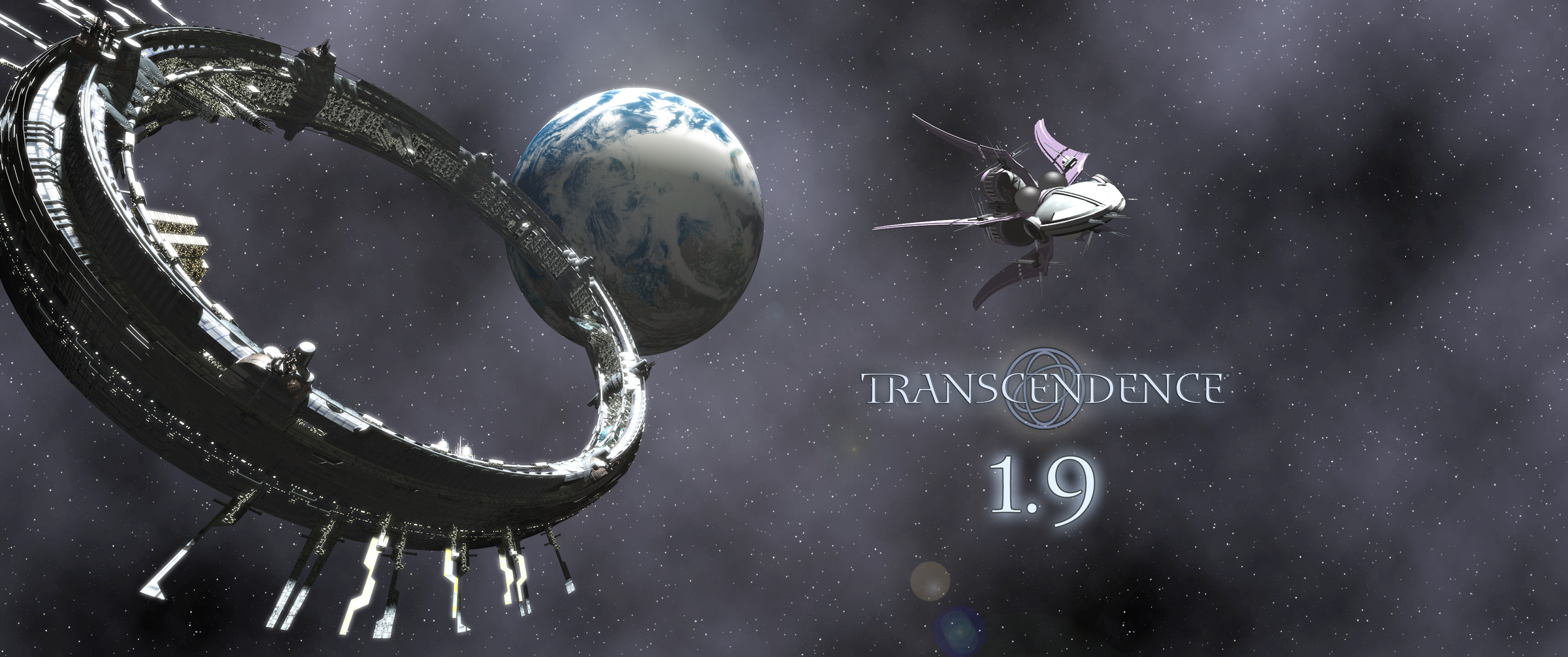2021 was a year of recovery. Covid-19 persisted throughout the year and into 2022, but we all felt a sense that the worst was behind us. Things would never go back to normal, but we would all find a “new normal”—a new equilibrium in an ever-changing world. Maybe that’s the silver lining: we rediscovered that the only constant is change, and like a boost to our immune system, that realization will prepare us for the next crisis.
Business Outlook
Total sales in 2021 were $8,100, which is about 12% higher than 2020. Much of the increase was due to participation in the Roguelike Celebration Steam Sale, but we also increased our sales at the end of the year due to the release of 1.9.
With the release of 1.9 we also raised the price from $9 to $15. The new price reflects all of the work that has gone into the game since the original Steam release, and it is closer to the average price for indie games.
Price increases are often controversial, but I’m happy to say that most people accept and support the new price. Sales of the game have continued at the higher price and so far in 2022 we’re running about ahead in revenue compared to the same period last year.
Transcendence

The big news in 2021 was the long-awaited release of version 1.9. As often happens, my ambition for 1.9 grew during development, and everything took longer than expected. But on the plus side, I was able to include some 2.0 features (like Steam achievements) in 1.9. In the end, I’m very happy with how 1.9 turned out.
Reviews of the game have been great. One player described it as follows:
“One of the best space sims ever made. Despite its age it's still in constant development and easily beats much newer space sims like Elite: Dangerous when it comes to gameplay quality, complexity and player freedom.”
This resonates with me. Player freedom, in particular, is something that I’m constantly striving for in the game.
And of course, development continues. My goal for this year is to release a solid beta of The Vault of the Galaxy. This sequel to The Stars of the Pilgrim has been in development seemingly forever, and I’ve wasted many pixels on these status updates predicting its imminent release. But I’ve always believed in it, and I’m still excited to bring it to you. I’m not going to promise anything except that I will work hard this year to get it released.
In addition, I’d like to work on the following areas:
Capital Ships: Wouldn’t it be great to command a Commonwealth Star Carrier or maybe even a Phobos-class dreadnought? I’d love to add crew game mechanics: you’d choose, train, and command your crew. Treat them right and you’ll earn their undying devotion. Treat them wrong, and you might find yourself in the middle of a mutiny.
Character Portraits: Part of the fun of the game is meeting the interesting characters of the universe: Kate Morgental, Benedict, Admiral Decker, and many others. For a future version I’d like to show images of these characters for players to feel more immersed in the universe.
UI Improvements: 1.9 has many UI and quality of life improvements, but there’s still more to do. I think we can improve the buying/upgrading UI, and also improve the way we show item stats. I’d also love to add controller support.
Community
The Transcendence community really came together for 1.9. I’m grateful for all the testing and feedback on the various alpha and beta releases. I particularly want to recognize Relanat, who submitted hundreds of bug reports. Relanat and all the other people who submitted Ministry records have made 1.9 what it is. There’s no way I could have completed it successfully without them. Thank you, all!
Our weekly Twitch session continues. Every Thursday at 3 PM Pacific Time, I play a session of Transcendence. For the last couple of months, I’ve been playing with Song’s Elemental Shift extension.
Last year I recorded an interview with Josh Bycer, who writes about games and game design. It’s a little long, but I had a lot of fun. Check it out here:
GridWhale
In 2021 I started a major new initiative: GridWhale. Since the beginning of the company, I’ve worked on creating a development environment to build modern web applications. The first effort was Hexarc, which combined a web server, execution engine, and database system. Both Ministry and the Multiverse are built on top of Hexarc.
GridWhale builds on Hexarc by adding a new execution engine and development environment. With an account on the system, you can create and run programs on GridWhale through your browser. Unlike other cloud computing environments, GridWhale acts as a single computer for everyone in the world (even though it's made up of many computers running in concert).
Here’s a demo of GridWhale:
GridWhale is an ambitious project, and I think it has enormous potential. If you’re interested in learning more about it, contact me!